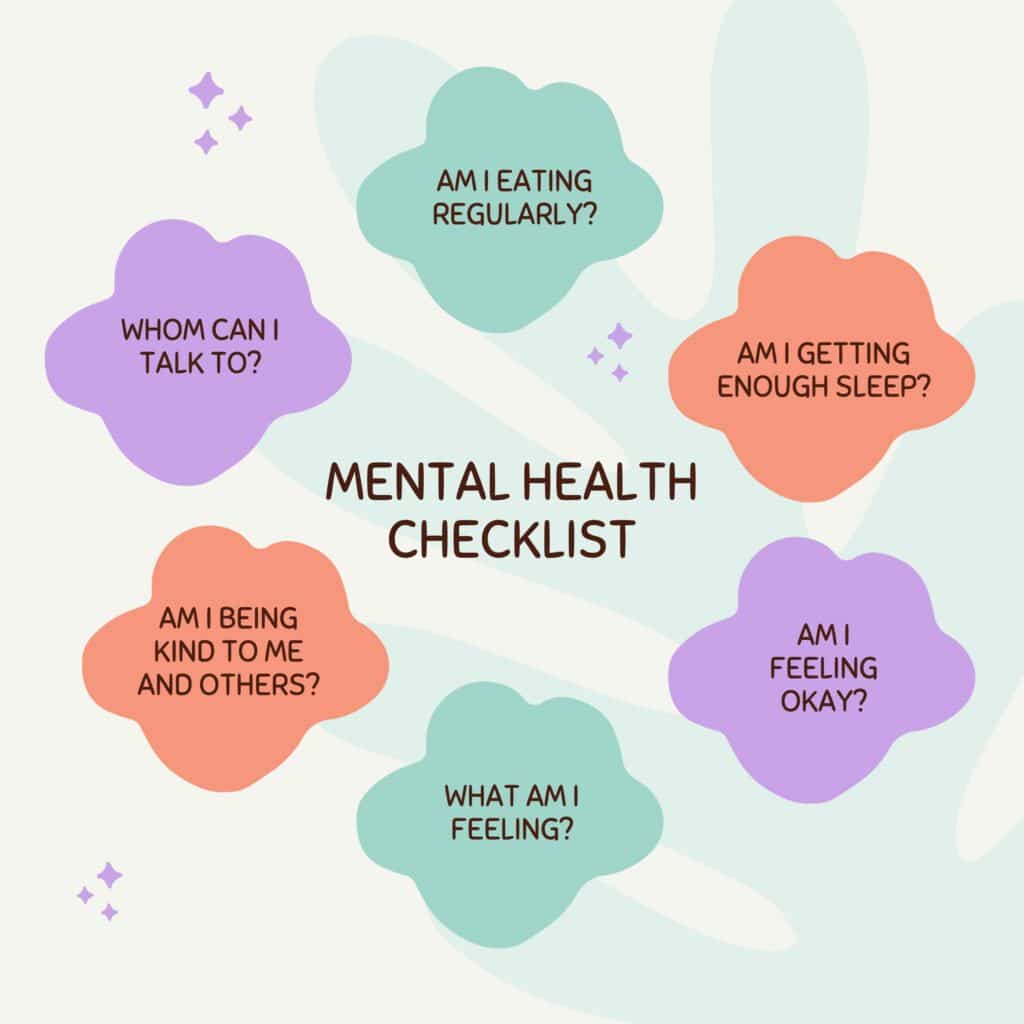Adolescence is a crucial period in human development, marked by significant physical, emotional, and psychological changes. Unfortunately, it is also a time when many young people experience bullying, a pervasive issue that can have serious repercussions on their mental health. This blog explores the impact of bullying on adolescent mental health and provides strategies to combat it.

Understanding Bullying and Its Forms
Bullying can manifest in various forms, including:
- Physical bullying: Hitting, pushing, or other forms of physical aggression.
- Verbal bullying: Name-calling, insults, or derogatory remarks.
- Social bullying: Exclusion, spreading rumors, or damaging someone’s social reputation.
- Cyberbullying: Harassment or threats through digital platforms like social media, text messages, or emails.
Each form of bullying can significantly impact an adolescent’s mental health, leading to a range of emotional and psychological issues.
The Impact of Bullying on Mental Health
Anxiety and Depression
One of the most immediate effects of bullying is the development of anxiety and depression. Adolescents who experience bullying often feel isolated, powerless, and fearful, which can contribute to chronic anxiety and depressive symptoms. These mental health issues can persist into adulthood if not addressed early.
Low Self-Esteem
Bullying can severely damage a young person’s self-esteem. Constant criticism, rejection, and humiliation can lead adolescents to internalize negative beliefs about themselves, which can affect their confidence and self-worth. This diminished self-esteem can hinder their ability to form healthy relationships and succeed academically and socially.
Academic Challenges
The stress and emotional turmoil caused by bullying can negatively impact an adolescent’s academic performance. Bullying victims may struggle to concentrate, lose interest in school, or skip classes to avoid their tormentors. This decline in academic engagement can have long-term consequences on their educational and career prospects.
Physical Health Issues
The psychological stress of bullying can also manifest in physical health problems. Adolescents who are bullied may experience headaches, stomachaches, sleep disturbances, and other stress-related ailments. These physical symptoms can further exacerbate their mental health issues, creating a vicious cycle of distress.
Risk of Self-Harm and Suicide
Tragically, severe bullying can lead to self-harm and suicidal behavior. Adolescents may resort to self-injury as a coping mechanism for their emotional pain. In extreme cases, the relentless torment and hopelessness can drive them to consider or attempt suicide. It is crucial to recognize the warning signs and intervene promptly to prevent such outcomes.
Strategies to Combat Bullying
Promote a Positive School Environment
Creating a positive and inclusive school environment is essential in combating bullying. Schools should implement anti-bullying policies, provide training for staff, and encourage a culture of respect and empathy. Peer support programs and activities that foster teamwork and inclusivity can also help reduce bullying incidents.
Empower Adolescents with Coping Skills
Teaching adolescents effective coping skills can equip them to handle bullying situations more resiliently. Encourage open communication, problem-solving, and assertiveness training. Equipping young people with these skills can help them manage their emotions and seek help when needed.
Encourage Parental Involvement
Parents play a crucial role in preventing and addressing bullying. Encourage parents to maintain open lines of communication with their children, monitor their online activities, and be alert to changes in behavior or mood. Providing resources and support for parents can help them effectively advocate for their child’s well-being.
Utilize Counseling and Support Services
Professional counseling can be invaluable in helping adolescents cope with the effects of bullying. Therapists can provide a safe space for young people to express their feelings, develop coping strategies, and rebuild their self-esteem. Schools and communities should make counseling services accessible to all students.
Foster Digital Citizenship
With the rise of cyberbullying, it is vital to educate adolescents about responsible digital behavior. Teach them about the consequences of online harassment, the importance of privacy settings, and how to report abusive behavior. Encouraging kindness and empathy online can help create a safer digital environment.
Conclusion
Bullying is a serious issue that can have lasting effects on adolescent mental health. By understanding its impact and implementing strategies to combat it, we can create a safer and more supportive environment for young people. If you or someone you know is struggling with the effects of bullying, seeking professional help is essential.
Surbhi Manocha provides adolescent counseling in Meerut, offering compassionate and expert support to help young people overcome the challenges of bullying and thrive. Don’t hesitate to reach out and take the first step towards healing and empowerment.
